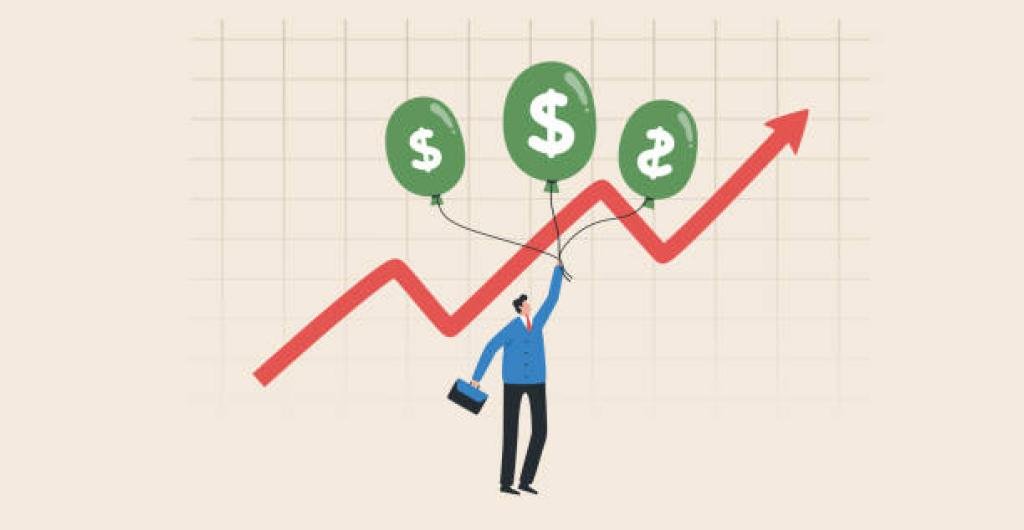Inflation is an economic phenomenon that affects all countries and has a significant impact on people’s daily lives. In Germany, inflation has reached worrying levels, registering the highest rate since 2008. This article explores the causes of this inflation, its effects on the German economy, https://finanzasdomesticas.com/inflacion-en-alemania-la-mas-alta-desde-2008 and possible solutions and long-term consequences.
Historical Context
Since the 2008 financial crisis, Germany has enjoyed a period of economic stability and low inflation. However, starting in 2021, a drastic change in the inflationary trend has been observed. Inflation in Germany exceeded 7% in 2022, a level not seen in more than a decade.
Contributing Factors
Several factors have contributed to rising inflation in Germany:
- Energy Crisis : The war in Ukraine has triggered an energy crisis in Europe, driving up fuel and electricity prices. Germany, which relies heavily on natural gas, has seen significant increases in energy costs.
- Supply Chain Issues : The COVID-19 pandemic has caused disruptions in global supply chains. Shortages of raw materials and products have led to higher prices.
- Increased Demand : With the lifting of pandemic restrictions, there has been a resurgence in demand for goods and services, putting pressure on prices.
- Monetary Policy : The European Central Bank’s (ECB) low interest rate policies to stimulate the economy during the crisis have contributed to an increase in liquidity and, therefore, inflation.
Impact of Inflation on the German Economy
Effects on the Consumer
Inflation affects all segments of the population, but its effects are most pronounced in low-income households. Rising food, housing and energy prices have reduced consumer purchasing power, which can lead to increased economic inequality.
Effects on Businesses
Businesses are also affected by inflation, as production costs rise. This can lead to:
- Price Increases : Businesses may be forced to pass on additional costs to consumers, which in turn fuels inflation.
- Investment Reduction : Economic uncertainty can lead companies to postpone investments, affecting long-term growth.
Effects on Economic Policy
Rising inflation has prompted the ECB to consider tightening its monetary policy. While low interest rates have been effective in stimulating growth, runaway inflation may require a more restrictive approach.
Responses from the Government and the ECB
In the face of rising inflation, both the German government and the ECB have implemented various measures to mitigate its impact.
Measures of the German Government
- Energy Subsidies : The government has implemented subsidies to help households and businesses cope with high energy costs.
- Stimulus Package : Measures have been introduced to support the most affected sectors, including direct aid and investment programs.
- Price Control : Although it is a controversial measure, the government has considered the possibility of establishing price controls in certain sectors to curb the increase.
ECB measures
- Interest Rate Adjustment : The ECB has begun raising interest rates in an attempt to control inflation and stabilize prices.
- Reduction of Asset Purchases : The institution has also reduced its asset purchase programs, which were designed to inject liquidity into the economy.
Long-Term Consequences
Inflation in Germany could have several long-term consequences:
- Economic Stagnation : If inflation continues unchecked, it could lead to economic stagnation, where growth slows and unemployment rises.
- Changes in Consumer Behavior : Sustained inflation could change consumption habits, with people returning to saving habits rather than spending.
- Lack of confidence in the currency : A sustained rise in inflation could lead to a loss of confidence in the euro, which could have broader implications for the eurozone.
Conclusion
Inflation in Germany has reached alarming levels, driven by internal and external factors. The current situation requires a coordinated response between the government and the ECB to mitigate its effects and restore economic stability. It is essential that effective policies are implemented to protect consumers and businesses, while maintaining a sustainable approach to long-term growth.
Germany’s inflation story is a reminder of the complexity of the global economy and the need to adapt to change. The country’s ability to navigate this crisis will have a significant impact on its economic future and the well-being of its citizens.



